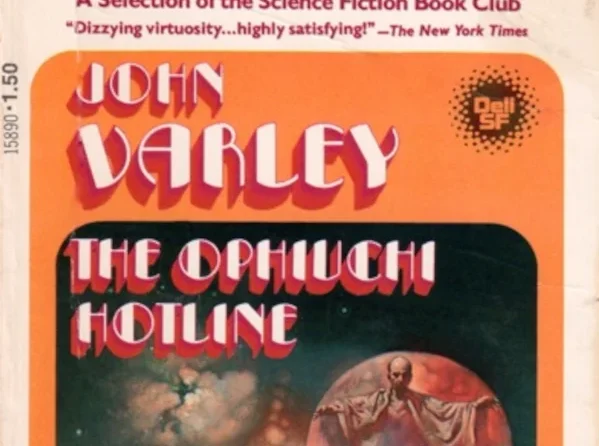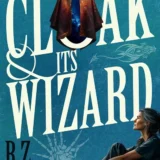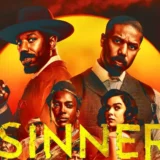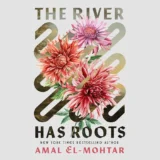I collect science fiction magazines. Every once in a while, you run across a little bit of unexpected history while doing so.
The objects of my collection are typically referred to as “pulps”, but the vast majority are actually digest – sized magazines (similar to Analog, F&SF, Asimov’s format). A fair number are “slicks” (the size typically on airport newsstand shelves) and a handful are non-standard dimensions from “large” tabloid to small digest.
The magazine in question here is the second, and final, issue of what began as Fantasy Fiction magazine, now called Fantasy Stories magazine, both published by Magabook of Chicago.
I’ve not yet really delved into the history of the title beyond what is readily available on the web: edited by Curtis Mitchell and largely consisting of reprints from 1930s and 1940s pulps and including an appeal to those interested in UFOology (Palmer* had just begun publishing Other Worlds which blurred the lines between SF and UFO stories and was also based out of Chicago).
But I didn’t need to dig too deeply, because the inside front cover and first page are devoted to a two-page spread announcing the recipients of the Fantasy Stories Awards. The display includes a black and white photo of the winners and a full page announcement. Here’s the pic:

Kukla, Fran and Ollie and Burr Tillstrom, for Distinguished Entertainment Through the Use of Fantasy
I used to watch Kukla, Fran and Ollie (and their creator and puppeteer Burr Tillstrom) when very young and remember it fondly, though I remember few details.
The rest of the announcement begins “Because of fantasy, the world is richer.”
This little bit of mass media cross pollination is interesting. This is 1950. Broadcast television is a little more than a year old at this time. The radio, magazines and newspapers are still very strong, competitive media outlets.
Of course, it may be (and more than likely is) that this is filler material, cobbled together in the final hours of layout when the Inside Front Cover didn’t sell to advertisers. On the other hand, comparing Kukla, Fran and Ollie to Superman and Cinderella suggests a very wide definition of “fantasy”.
And all of this three years before the first Hugo Awards were given out.
Perhaps they were hoping to have the award mentioned on the show…You might think this a mismatch of demographics, but in fact the Kukla, Fran and Ollie show was watched more by adults than it was by children. Most of the interaction was ad libbed and often quite sophisticated.
The following episode – First Day of School, from 1949 – will give you some idea of what made this show so popular.
I find it interesting that the theme song for the show shares similarities with the Mr. Softee ice cream truck jingle, although Mr. Softee and his soft-serve ice cream wouldn’t show up until 1956. Perhaps one jingle inspired another.
Strange threads they are that weave through our memories. The Mr. Softee truck was where I got my Captain Chapel space adventure premium collector’s card.

But that is a reminisce for another day.
*Raymond A. Palmer, member of First Fandom and an early editor of Amazing Stories; nominated for a Best Editor, Short Form Hugo Award at Loncon 3
Steve Davidson is the publisher of Amazing Stories.
Steve has been a passionate fan of science fiction since the mid-60s, before he even knew what it was called.








